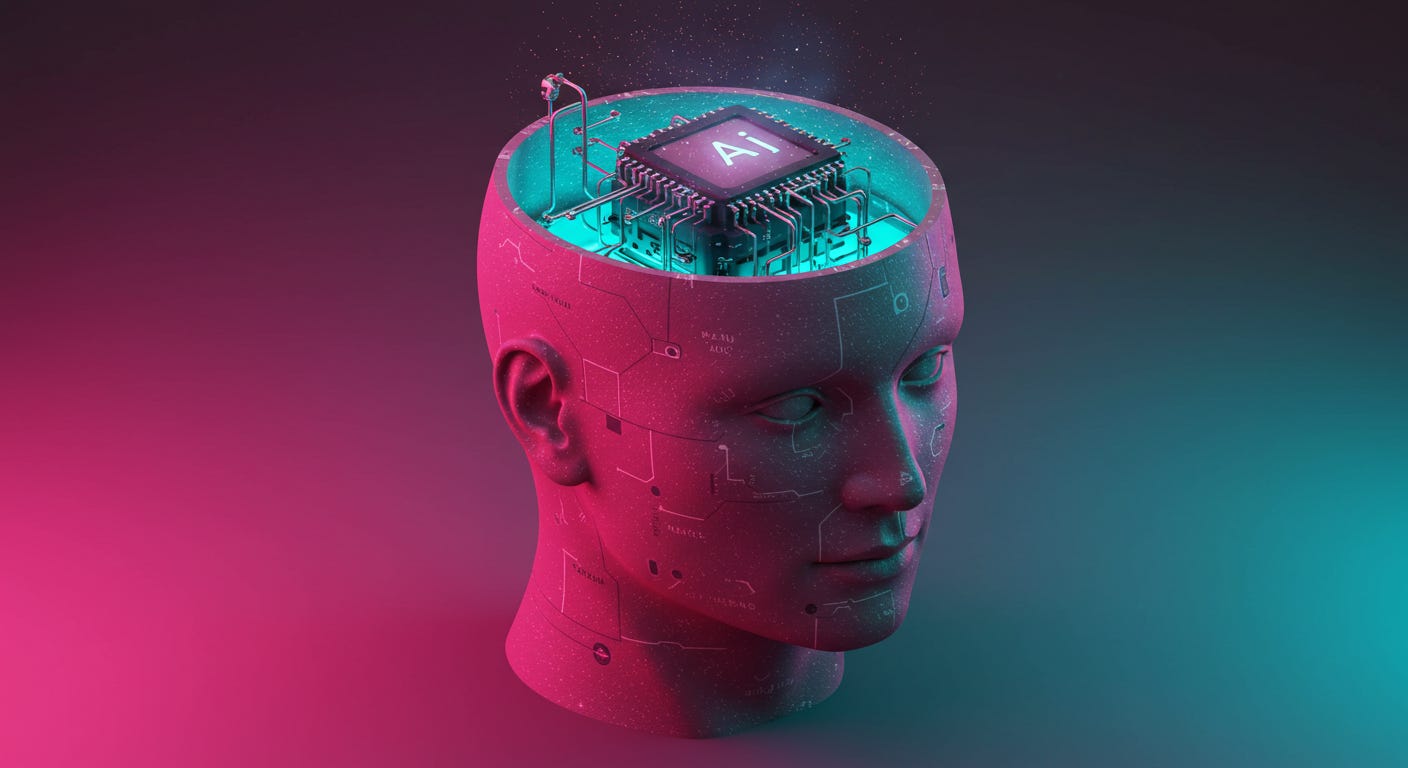Beyond Automation
How Theory of Mind AI, Machine Learning, and Quantum Computing Will Redefine Human-Machine Interaction
Artificial Intelligence (AI) has come a long way—from mastering chess to driving cars and understanding human language. Yet, one frontier remains elusive: genuinely understanding what people think and feel. At The AI Cowboys, we believe this ability, known as the Theory of Mind AI, represents the next evolution in human-machine interaction.
What is the Theory of Mind AI?
Theory of Mind AI refers to systems that can comprehend human mental states, such as beliefs, desires, and intentions. Unlike traditional AI models that react based on predefined inputs, Theory of Mind AI aims to predict human behavior by understanding the thought processes behind actions. Imagine an AI assistant that follows commands and senses your frustration or excitement, adapting its responses accordingly.
From Machine Learning to Quantum Computing: The Future of AI
At The AI Cowboys, we see the integration of machine learning (ML) and quantum computing as pivotal in achieving Theory of Mind AI. Machine learning provides the foundation, enabling AI systems to learn from vast data. Quantum computing, with its unparalleled processing power, will accelerate this learning process, allowing AI to analyze complex human behaviors in real time.
Use Case: Consider AI-driven telehealth services. An AI doctor powered by machine learning can diagnose illnesses based on symptoms. However, with Theory of Mind AI and quantum computing, this virtual doctor could also detect a patient's anxiety through vocal tone analysis, offering reassurance and adjusting its communication style to improve patient experience.
Key Components Driving Theory of Mind AI
Mental State Representation: AI models like transformers use attention mechanisms to focus on key data points, mimicking human cognitive processes.
Emotion Recognition: Machine learning algorithms analyze facial expressions and vocal tones, while tools like BERT interpret emotional cues in text.
Cognitive Modeling: Reinforcement learning helps AI simulate human decision-making by observing actions and predicting intentions.
Multi-Agent Systems: Quantum computing can enhance multi-agent learning, enabling AI systems to understand and predict the actions of other agents in shared environments.
Challenges and Opportunities
While developing the Theory of Mind AI is complex, integrating quantum computing offers exciting possibilities. At The AI Cowboys, we recognize challenges like data bias and ethical concerns but are committed to addressing them through rigorous testing and transparent methodologies.
Why this matters: Quantum computing can process and analyze massive datasets, making it possible to develop AI systems that more accurately understand human emotions and intentions.
Real-World Applications
Healthcare: Personalized treatment plans based on patient emotions and behaviors.
Education: Adaptive learning platforms that respond to students' emotional states.
Marketing: AI that predicts consumer behavior by analyzing sentiments and intentions.
The Road Ahead
At The AI Cowboys, we envision a future where Theory of Mind AI, fueled by machine learning and quantum computing, creates more meaningful human-machine interactions. From social robotics to personalized healthcare, the possibilities are endless.
Join us on this journey as we push the boundaries of AI innovation.



